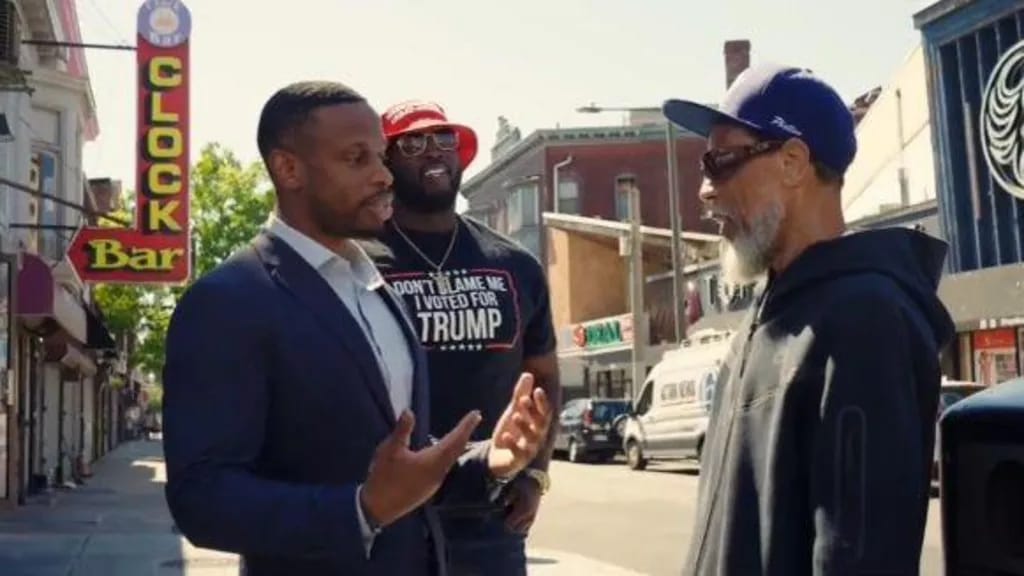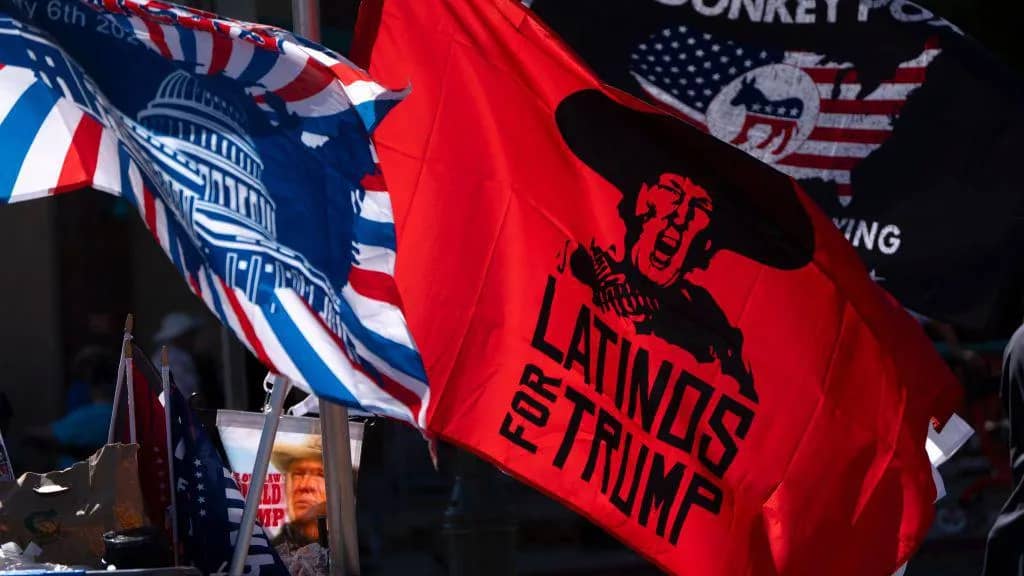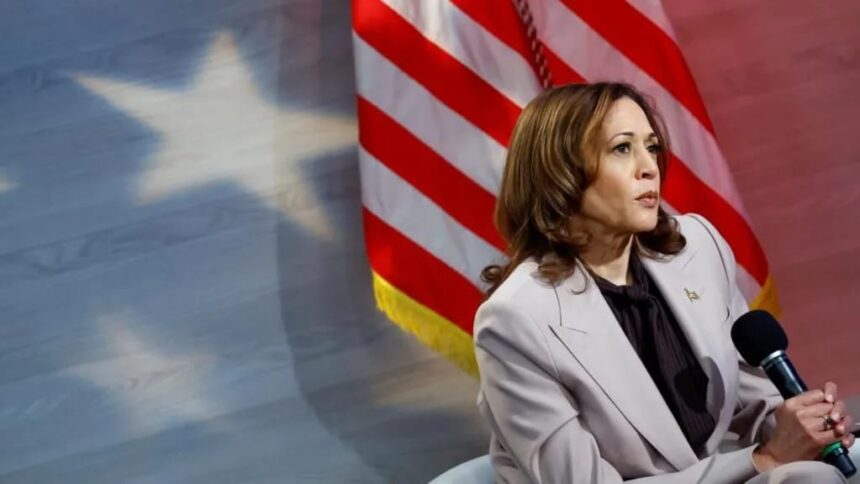By Nakiwala Barbra
As the U.S. presidential election approaches, Kamala Harris, the Democratic vice-presidential nominee, is working to solidify support from Black and Latino voters, traditionally strongholds for the Democratic Party. However, recent polling data shows concerning shifts, with Donald Trump making inroads in both demographics, reflecting a continuation of the trends from the 2016 and 2020 elections.
According to a recent New York Times/Siena poll, Harris holds 78% of support among Black voters, a figure lower than the 90% Democrats typically command. The decline is particularly notable among Black male voters, raising concerns about potential turnout in key battleground states where even small changes could influence the outcome.
Economics Driving Shifts
A major factor behind Trump’s growing appeal among Black and Latino voters is the economy. Inflation, coupled with rising living costs, has left many households struggling, leading some voters to reevaluate their political allegiances.
Quenton Jordan, a Black voter from Virginia who previously supported Barack Obama, is now backing Trump due to economic concerns. “Inflation has made it extremely challenging for families to afford basic necessities,” Jordan explained. “People are feeling the pinch, and it’s pushing them to think differently about their vote.”

This economic strain has similarly affected Latino voters, particularly in states like Nevada and Arizona, where they represent a significant portion of the electorate. Lydia Dominguez, a Latina voter in Las Vegas, shared that many in her community have started looking at Trump’s economic track record.
“They can’t afford to live, and that’s a really big part of it,” Dominguez said. “People remember the relative stability during Trump’s presidency.”
Immigration and Border Control Concerns
Immigration has also emerged as a key issue for Latino and Black voters considering Trump. The Biden administration’s handling of the U.S.-Mexico border has sparked discontent, with some voters feeling that the situation has spiraled out of control.
Rolando Rodriguez, a former Democrat from Texas, cited the increasing number of migrant crossings as his main reason for shifting to Trump. “I’ve never seen anything like this disaster at the border,” Rodriguez said, noting that Trump’s promises of stricter border control resonate with his concerns.

Even among Black voters like Quenton Jordan, immigration and border control are influencing their political views. Jordan pointed out that concerns over safety and the economy are driving him and others in his community toward the GOP.
Harris’ Response
To counter these trends, Harris is stepping up her outreach efforts, particularly in battleground states where voter turnout will be critical. The Democratic campaign is focusing on economic messaging, healthcare, and community investment in hopes of resonating with disillusioned voters.
Yet, with Trump continuing to gain ground, Harris and the Democratic Party face the challenge of reconnecting with core constituencies that may feel left behind. As the race heats up, these shifts could ultimately prove pivotal in deciding the next president.

